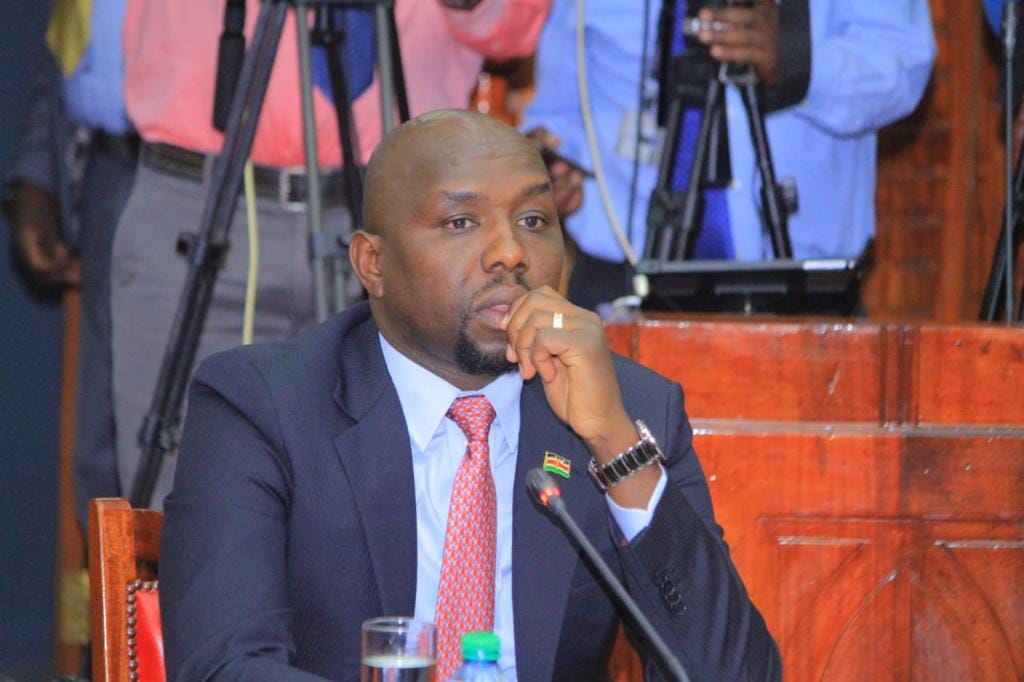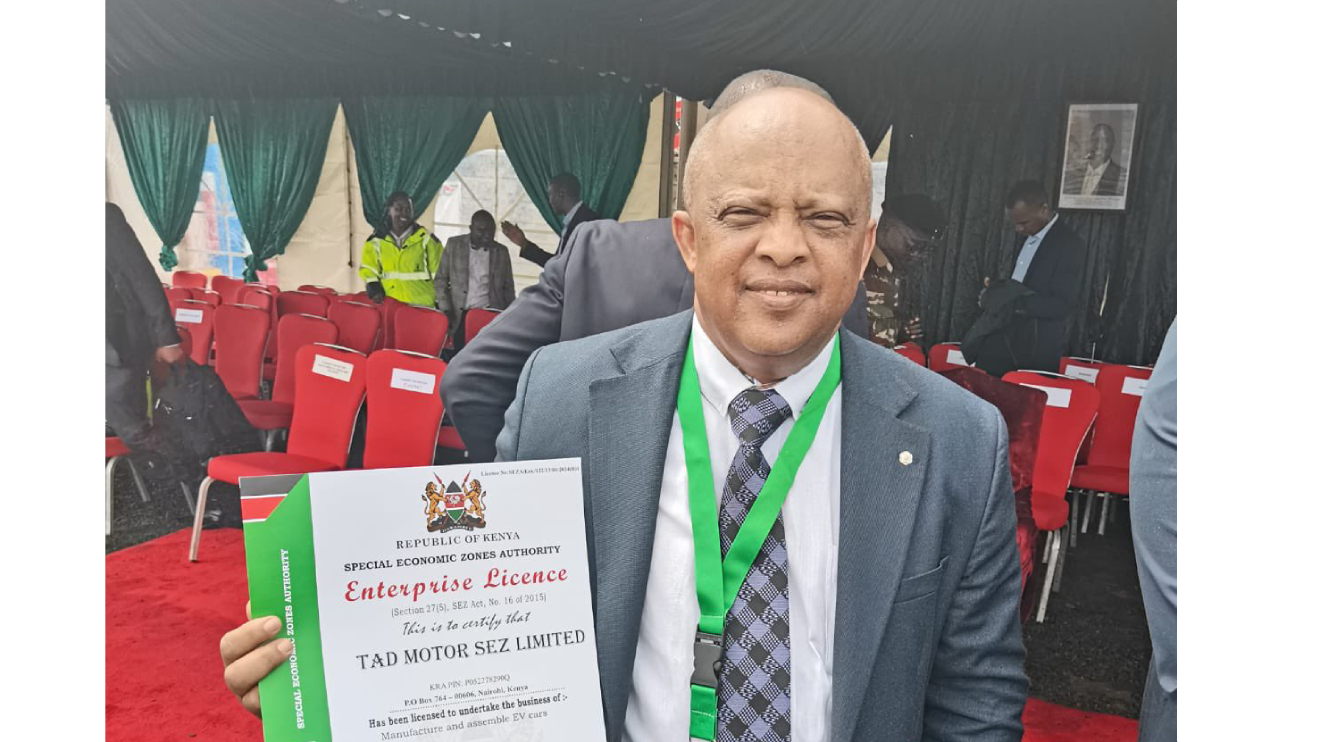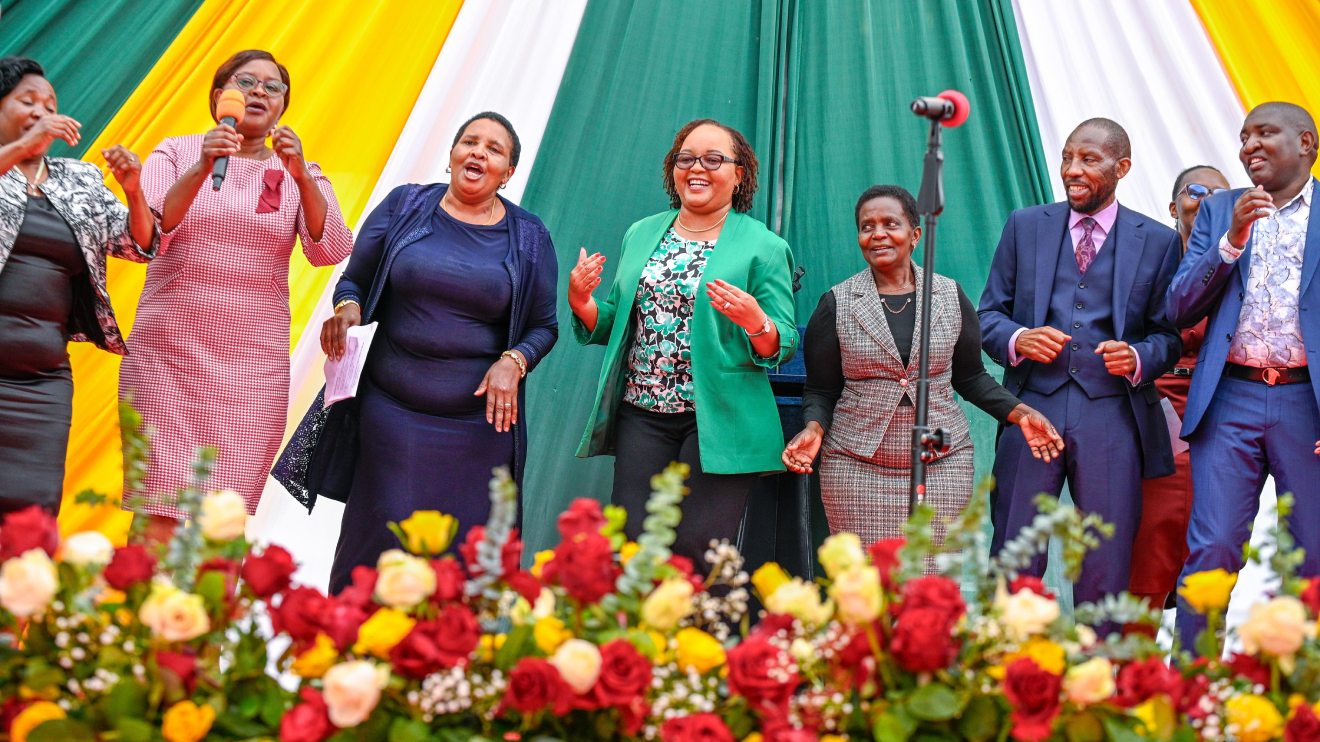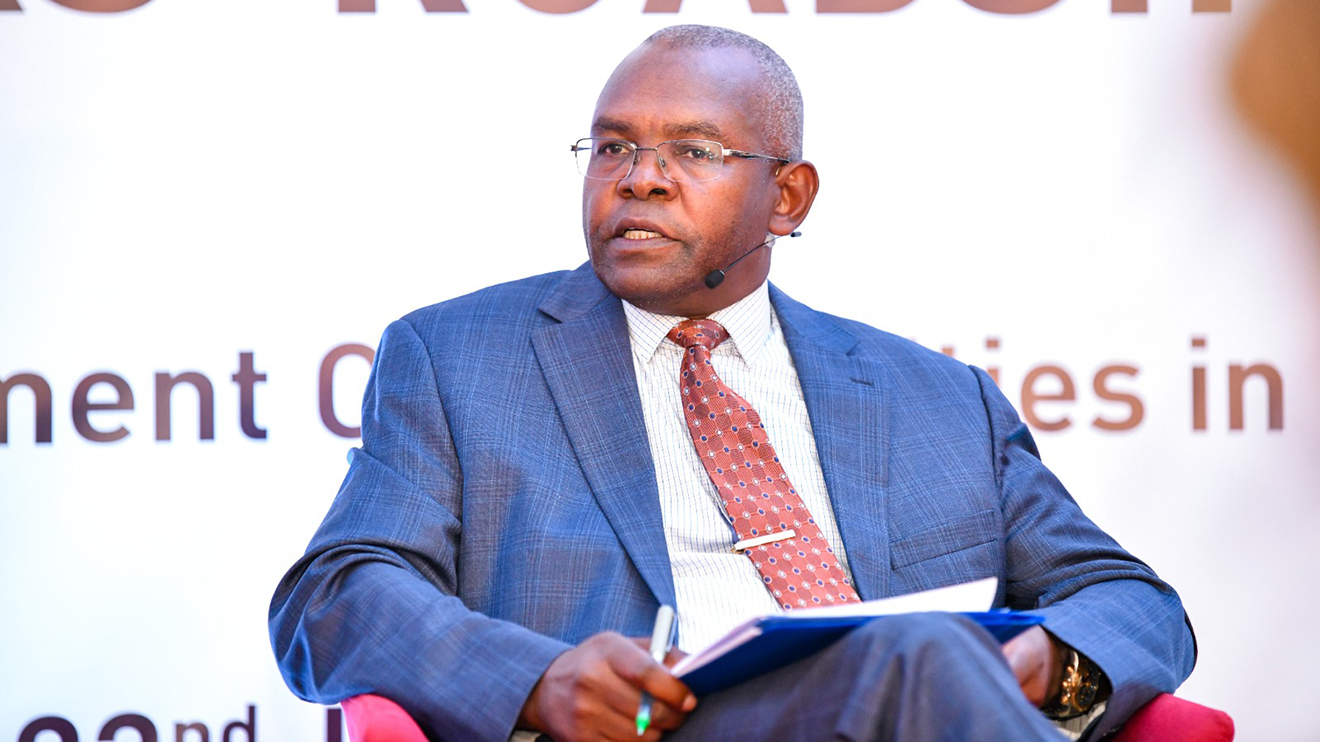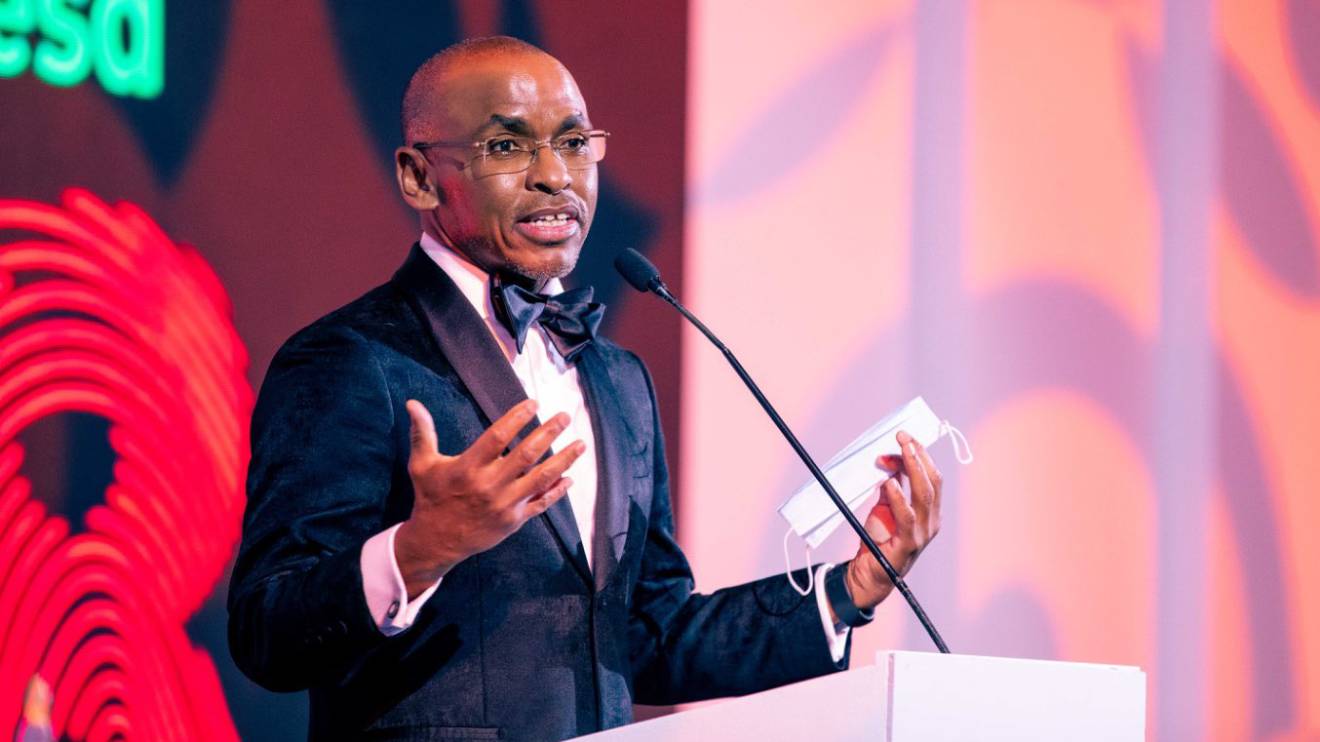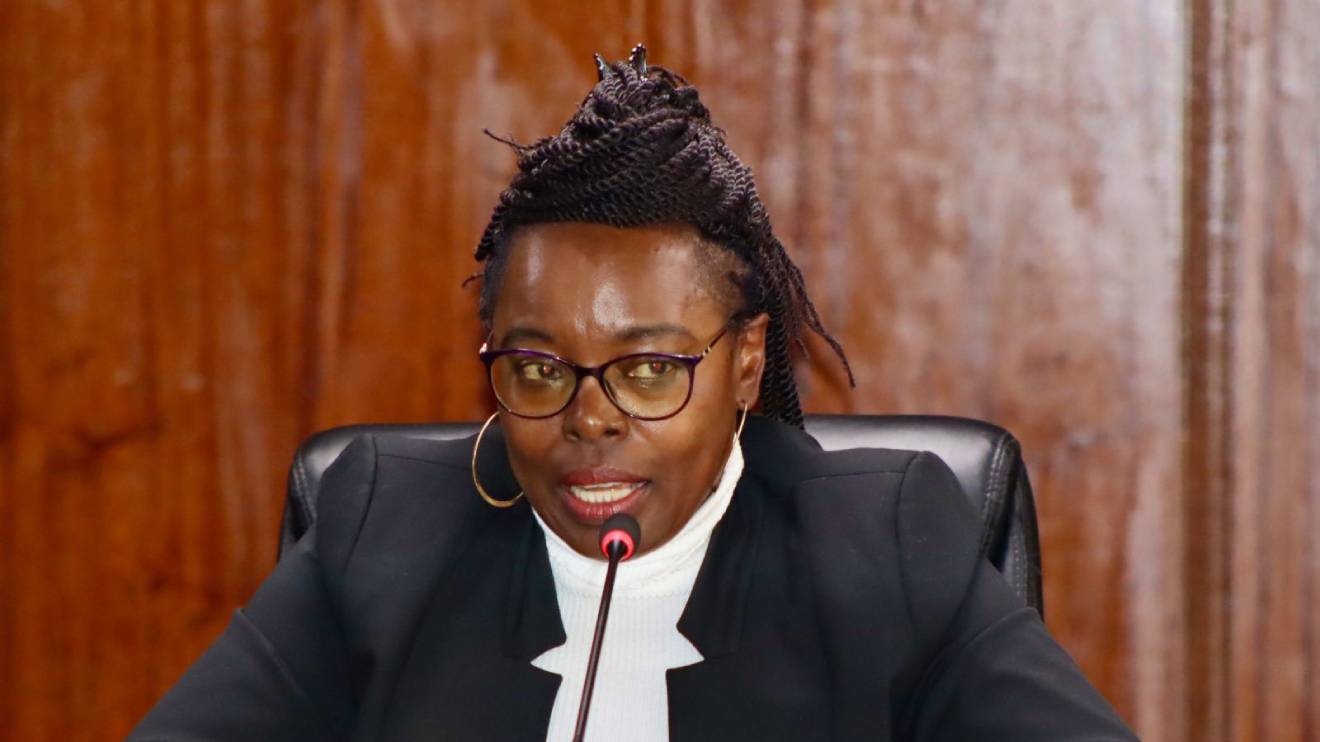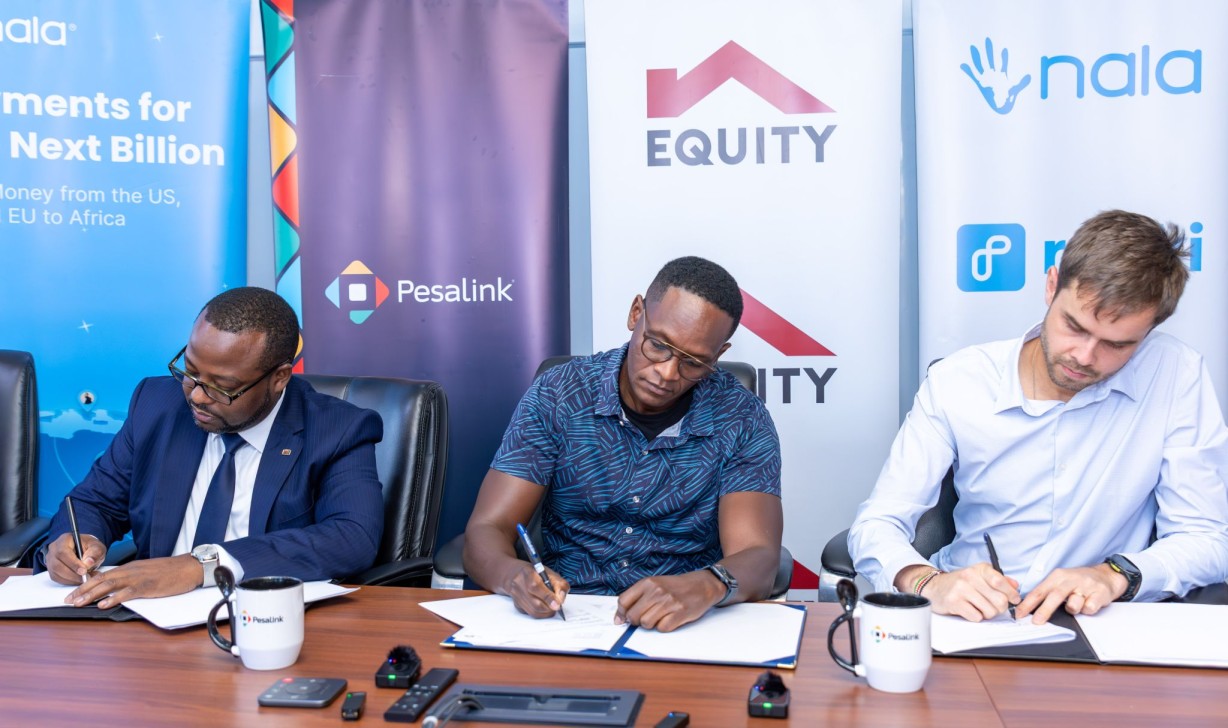The contract for the financing of the Standard Gauge Railway (SGR) which Kenya signed with China has finally been made public by Transport Cabinet Secretary Kipchumba Murkomen.
The financing deal signed by then Treasury CS Henry Rotich bound Kenya to keep its details secret explaining why President Uhuru Kenyatta and Rotich kept mum despite a court order.
The agreement gives Chinese lender, Export-Import (Exim) Bank of China, far-reaching powers which include a demand that arbitration of any arising dispute to be done in Beijing.
“If no settlement is reached through friendly consultation, each party shall have a right to submit a dispute to the China International Economic and Trade Arbitration Committee for arbitration,” read the contract in part.
Read More
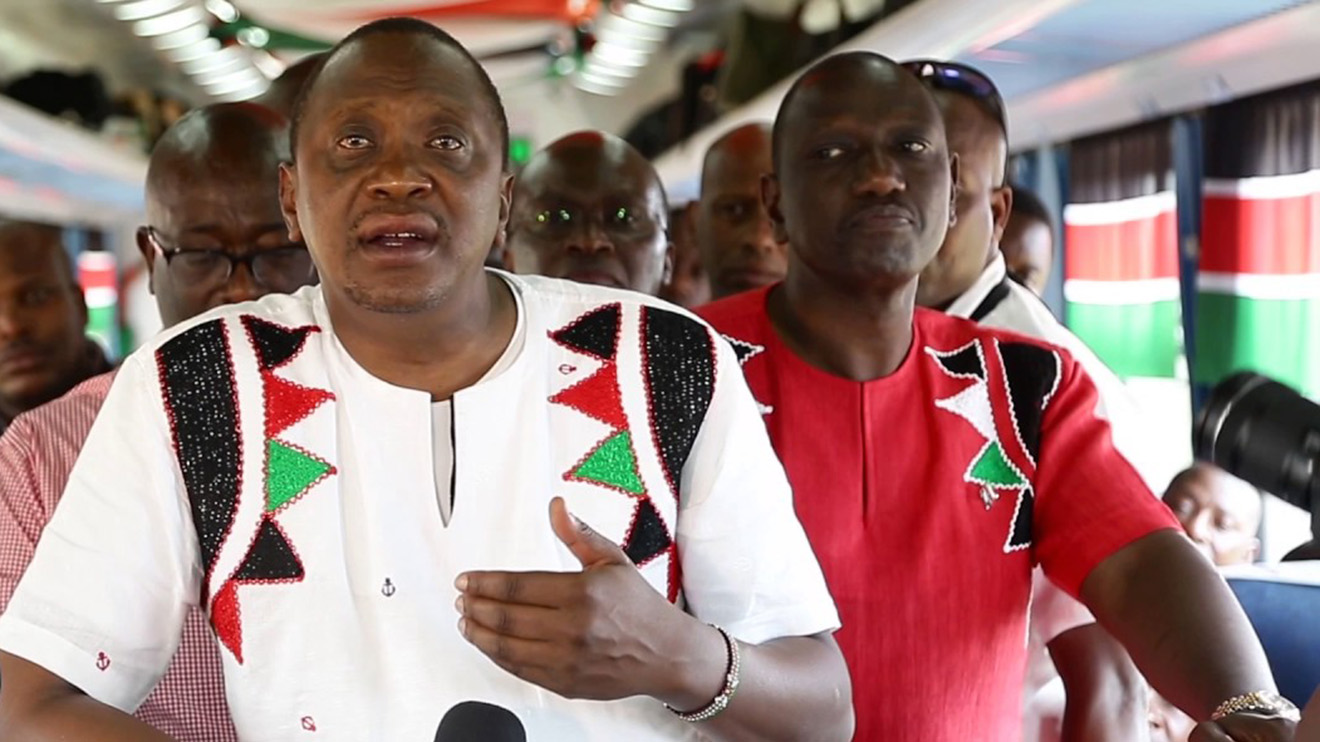
The contract signed on May 14, 2014 saw Jubilee Government headed by President Uhuru and his then deputy William Ruto build Kenya’s most expensive infrastructural project at the time.
The move by the Transport and Infrastructure CS to make public the pact on Sunday almost brings to an end the hullabaloo surrounding the Sh450 billion credit facility for the SGR.
However, Senior Lawyer Ahmednasir Abdullahi has dismissed the contract released by Murkomen saying it was just the financing agreements and not the main SGR contract.
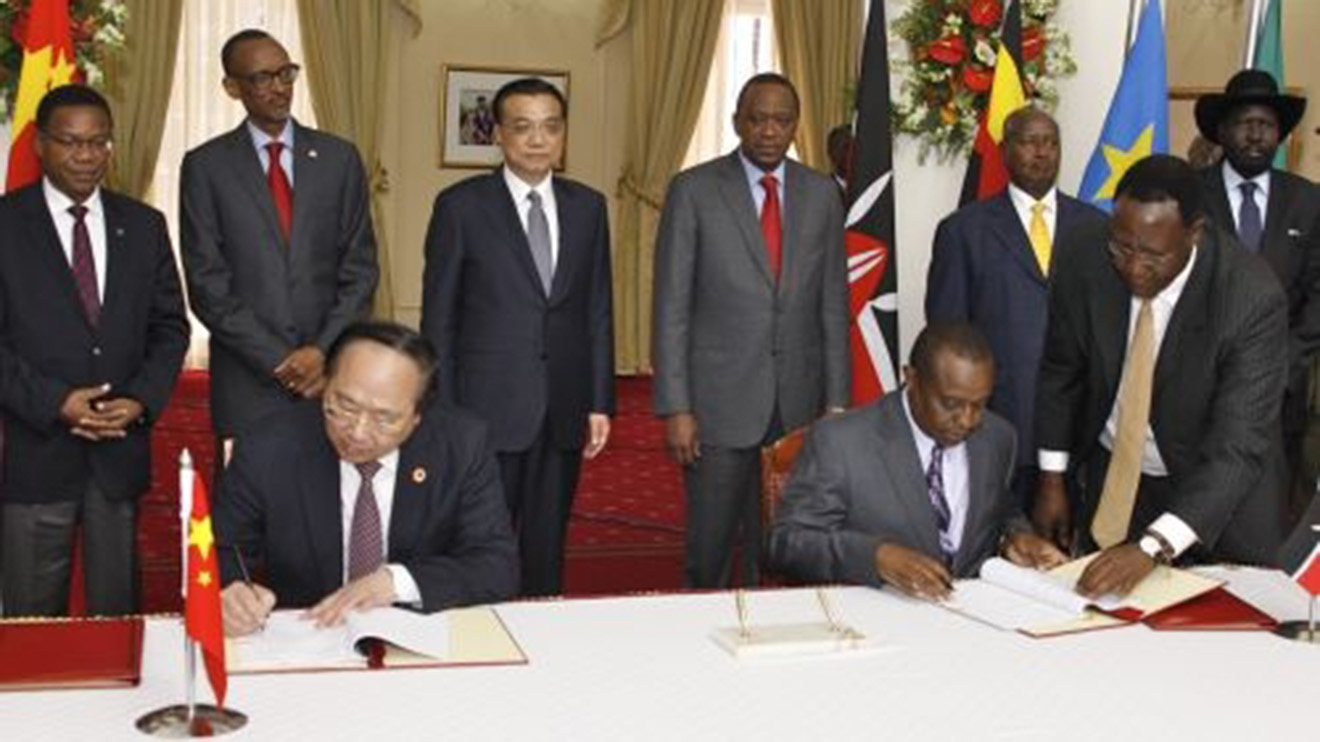
The CS indicated that he would avail to the National Assembly the said contract even as the details of the collateral put up by Kenya, including Kenya Port Authority assets were missing.
According to the public documents, Exim Bank of China lent Kenya about US$1.6 billion, which attracted a 2 per cent interest annually added to a 0.25 per cent commitment fee.
The 20-year loan facility also attracted a management fee of Sh476 million to be paid 30 days after the signing, with Kenya given a grace period of seven years by the Chinese lender.
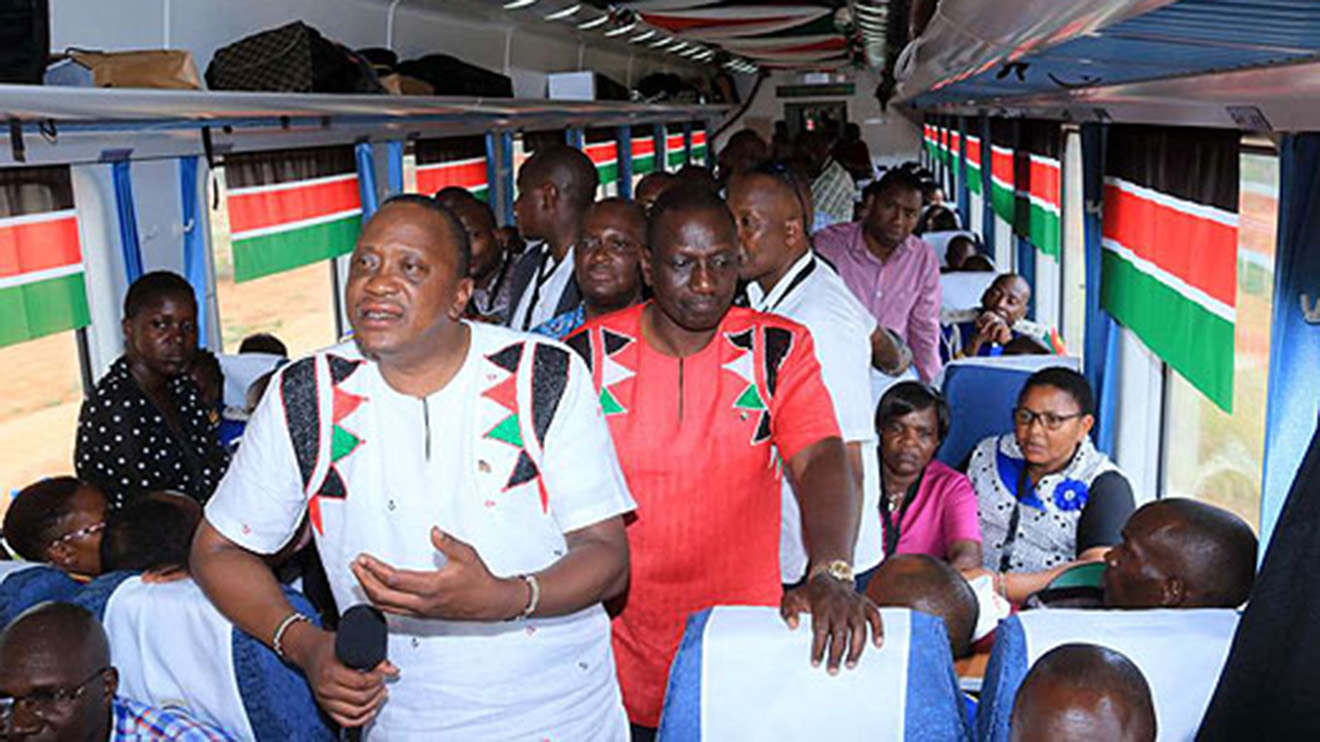
The country was given 156 months, which is equivalent to 13 years, to pay back the amount, and was expected to dedicate 42.06 per cent of SGR proceeds to repaying the Chinese loan.
Kenya also penned a further $1.2 billion to finance the Nairobi-Naivasha SGR section in a loan facility that would last 20 years, with $137.59 million required as insurance cover.
The financing agreement bound Kenya to purchase items needed for the railway project construction from China giving the Asian economic giant a huge advantage in the pact.
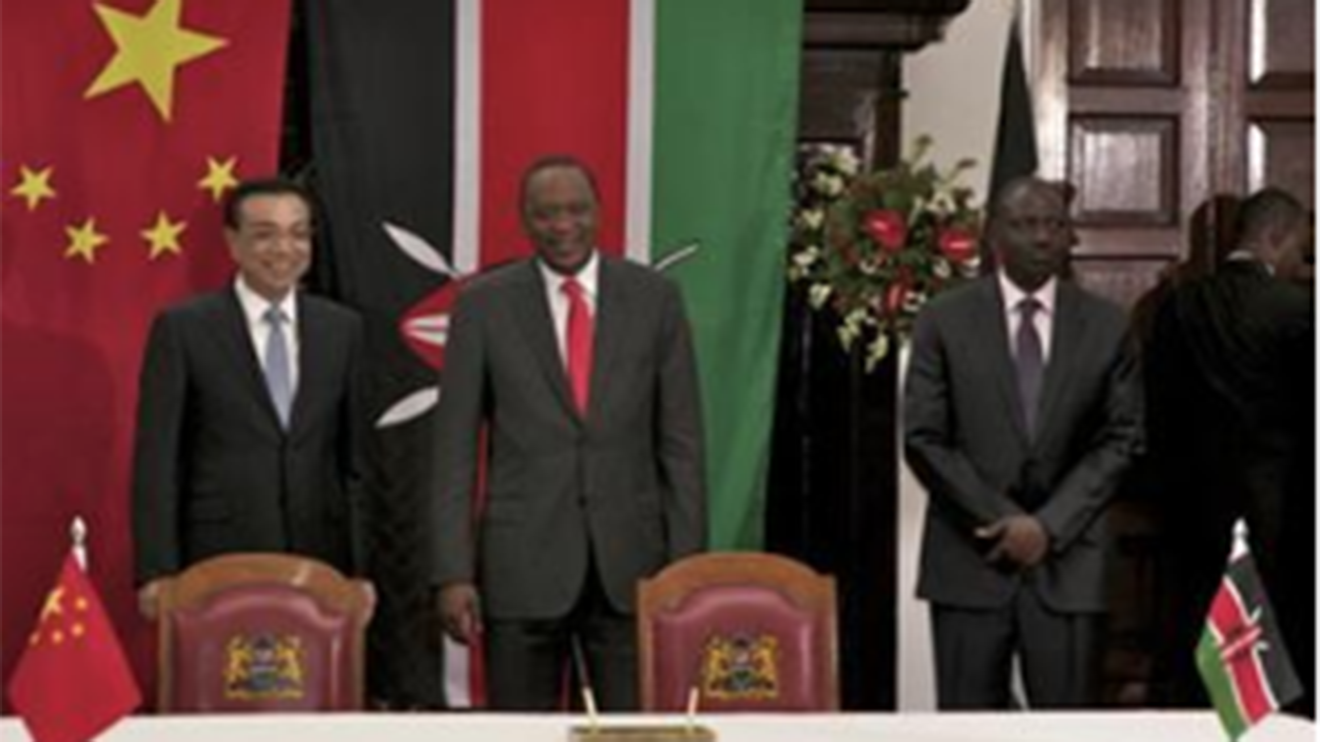
The controversial deal signed by then CS Rotich and Exim Bank of China President Li Ruogu barred Kenya from revealing the details of the contract to the public or any other entities.
“The Borrower shall keep all the terms and conditions hereunder in connection with this Agreement strictly confidential. Without the prior written consent of the Lender, the Borrower shall not disclose any information hereunder or in connection with this Agreement to any third party unless required by applicable law,” read the deal.
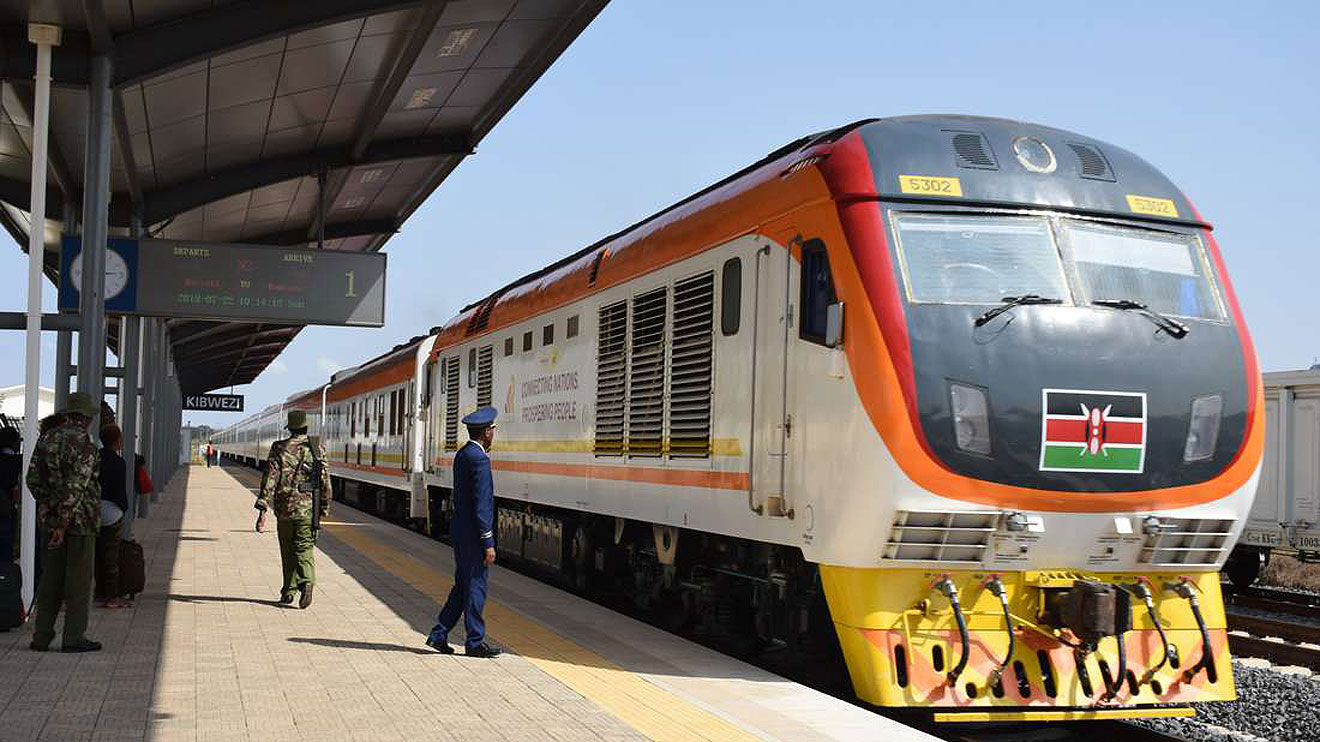
Murkomen had pledged to make public the SGR contract when he was being vetted for his current Cabinet Secretary post by the National Assembly Committee on Appointments.

